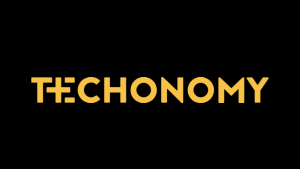

David Haussler develops new statistical and algorithmic methods to explore the molecular function, evolution, and disease process in the human genome, integrating comparative and high-throughput genomics data to study gene structure, function, and regulation. He is credited with pioneering the use in genomics of hidden Markov models (HMMs), stochastic context-free grammars, and discriminative kernel methods, the latter first applied to gene expression in cancer in 1999. As a collaborator on the international Human Genome Project, his team posted the first publicly available computational assembly of the human genome sequence on the Internet on July 7, 2000. His team subsequently developed the UCSC Genome Browser, a web-based tool that is used extensively in biomedical research and serves, along with the Ensembl platform, virtually all large-scale vertebrate genomics projects, including NHGRI’s ENCODE project, the 1000 Genomes Project, and NCI’s TCGA. He built the CGHub database to hold NCI’s cancer genome data. His group’s informatics work on cancer genomics provides a complete analysis pipeline from raw DNA reads through the detection and interpretation of mutations and altered gene expression in tumor samples. He collaborates with the Stand Up To Cancer “Dream Teams” and TCGA to discover molecular causes of cancer and pioneer a new personalized, genomics-based approach to cancer treatment. He is an organizing member of the Global Alliance for Genomics and Health (GA4GH) of the top research, health care, and disease advocacy organizations that have taken the first steps to standardize and enable secure sharing of genomic and clinical data, co-leading the data working group.
Haussler received his Ph.D. in computer science from the University of Colorado at Boulder. He is a member of the National Academy of Sciences and the American Academy of Arts and Sciences and a fellow of AAAS and AAAI. He has won a number of awards, including the 2011 Weldon Memorial prize for application of mathematics and statistics to biology, 2009 ASHG Curt Stern Award in Human Genetics, the 2008 Senior Scientist Accomplishment Award from the International Society for Computational Biology, the 2006 Dickson Prize for Science from Carnegie Mellon University, and the 2003 ACM/AAAI Allen Newell Award in Artificial Intelligence.



